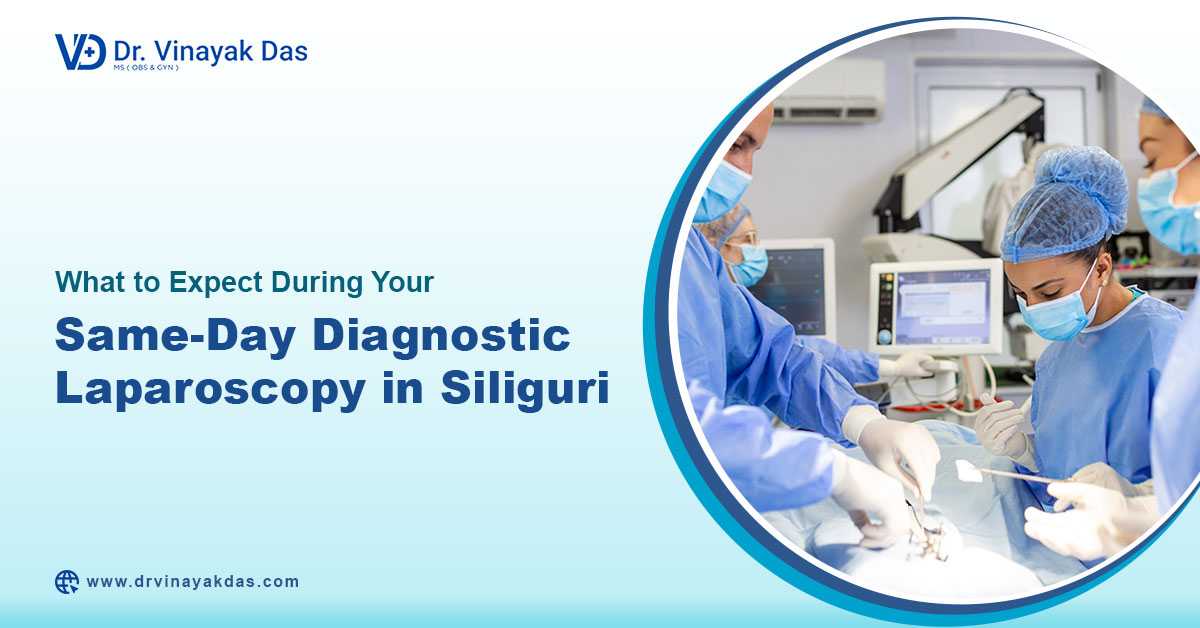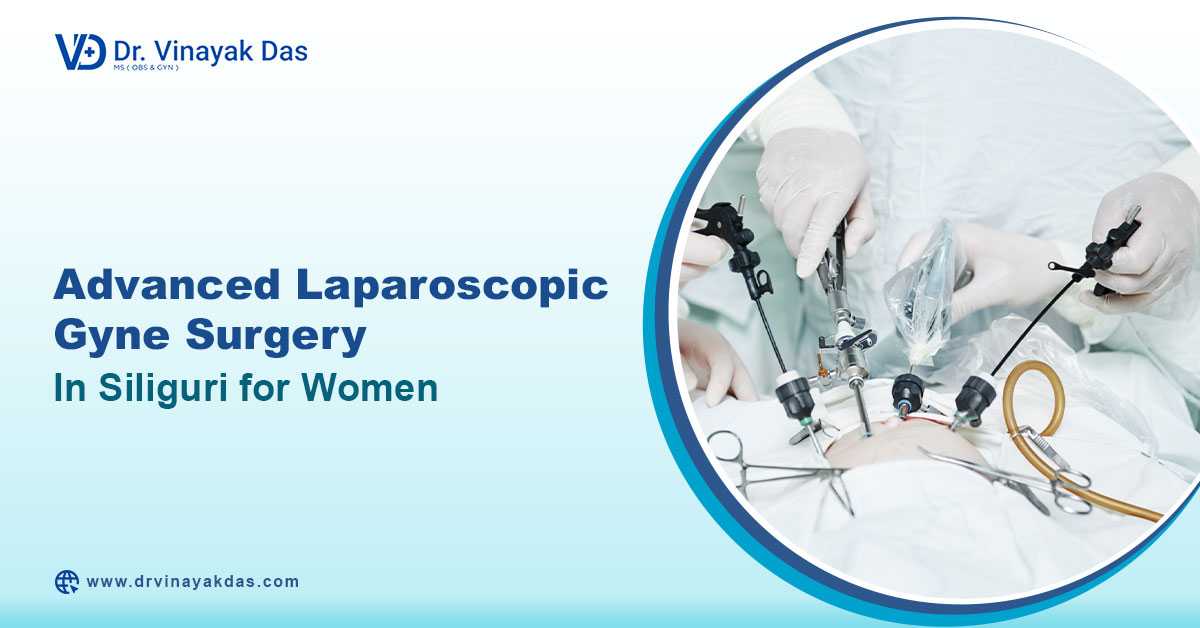In the past, various prominent genetic conditions could only be detected after birth, through their visible traits. The limited knowledge about their requirement to develop also affected the lifespan of children with genetic conditions. However, with the advancement of technology, it has become possible for parents to detect complications related to genetic conditions even before birth in recent years.
By getting an invasive prenatal testing in Siliguri, you not only get to look into the chances of genetic disorders, but also gent valuable insight about the development of the baby. In this blog, we will be understanding the diagnostic procedure, situations doctors recommend it in, its risks, as well as the benefits that come along with it.
Understanding Invasive Prenatal Testing
Invasive prenatal procedures are diagnostic tests that involve entering the uterus to get samples for testing. These procedures can provide in-depth information about the genetic makeup of the foetus. Usually, these procedures are only suggested if the minimally invasive procedures are inconclusive. Two of the most common invasive procedures are
-
Chorionic Villus Sampling (CVS) - This involves extracting a sample from the placenta itself and is usually done on the 13th week.
-
Amniocentesis - This involves the extraction of a small amount of amniotic fluid with the help of a fine needle nd is usually done in the 20th week of pregnancy.
When Do Doctors Recommend It?
-
Invasive prenatal testing in Siliguri is often suggested by specialists only under specific circumstances when the chances of chromosomal abnormalities or genetic disorders are higher. Let us look into other situations when this is suggested.
-
Advanced maternal age - If the mother is over the age of 35, the risk of genetic and chromosomal abnormalities increases. While age may not be the only factor to increase this risk, it can be one of the reasons for a specialist to suggest prenatal tests.
-
Family History of Genetic Disorders - The chances for genetic and chromosomal disorders increase if one of the parents has a family history of these disorders.
-
Previous Pregnancy - If the mother has had a pregnancy affected by a genetic condition or chromosomal abnormality, the doctor may recommend testing in subsequent pregnancies to monitor for recurrence.
Benefits of Invasive Prenatal Testing
One of the main reasons doctors suggest this form of testing is the high level of accuracy. Unlike other screening tests that only signify the possibility of a condition, invasive diagnostic tests provide accurate information about which condition is affecting the fetus. This allows the parents to prepare early and start medical planning for the detected condition.
Additionally, these tests allow the parents to also consider or make decisions regarding pregnancy management as well as delivery options. It also helps them prepare for specialized care at birth.
Weighing the Risks
While these procedures are considered to be safe, they require the expertise of an experienced specialist to perform them safely. The major concern people have is connected to the small chance of miscarriage, which affects 0.3% of women. Other related risks are infection, bleeding, or injury to the fetus. This is one of the major reasons why invasive testing is not done regularly, but rather only considered in extreme cases.
Conclusion
Invasive prenatal testing is a powerful tool that provides detailed insight into a baby’s health. Though not suitable or necessary for every pregnancy, it can be a crucial step for those at higher risk. As technology and expertise advance, more expectant parents, especially those considering invasive prenatal testing in Siliguri, have access to accurate, early information that can make all the difference.




